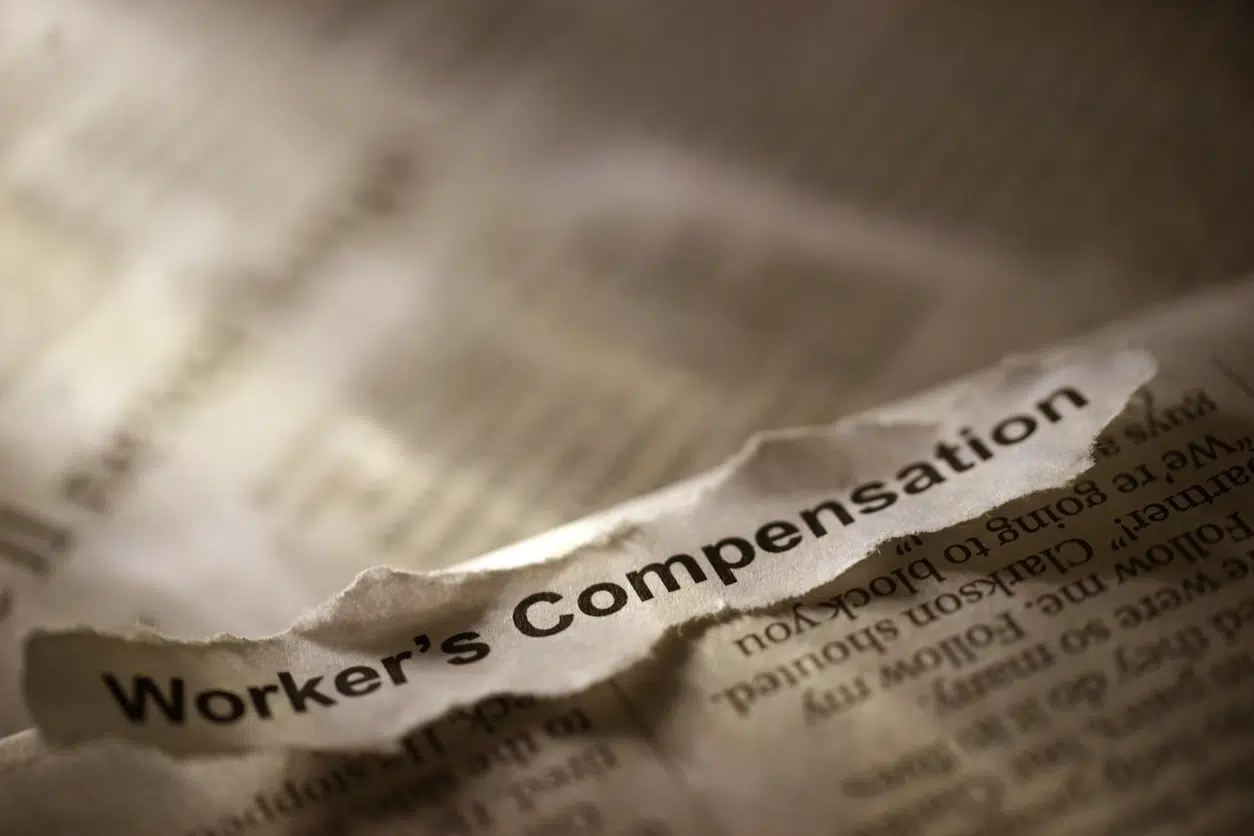As trusted workers’ compensation attorneys in the Bay Area, we’ve helped countless injured workers pursue the compensation they need and deserve to recover. Need help understanding your workers’ compensation benefits? Contact us online to schedule a free consultation.
Most people need to work—it’s just part of adult life. And while we accept the necessity of employment, we also expect employers to hold up their end of the bargain.
Employers are legally required to maintain safe, hazard-free workplaces for their employees. They are also required to purchase workers’ compensation insurance so that if their employees do suffer on-the-job injuries, they receive the benefits they need to recover.
Theoretically, these two measures should be enough to guarantee that injured workers are never left high and dry after being involved in a workplace accident. Unfortunately, a portion of them fall through the cracks.
The reality is that some employees are hesitant to receive workers’ compensation benefits for fear of employer retaliation. Or, they’re worried that even if they do take it, it won’t be enough to cover all of their medical bills, future medical treatments and other losses.
The good news is that injured employees have legal recourse. If you suffered on-the-job injuries but are hesitant to claim workers’ comp benefits, don’t worry: This article will explain everything you need to know about your legal rights to receive workers’ compensation benefits under California law.
No one should be too afraid to ask for the help that they need, but employer retaliation is a real threat to many workers across the state and country. Luckily, Delfino, Green & Green is here to help. Call our law office at (415) 442-4646 to learn more.
Understanding Workers’ Compensation in California
Employers in California are required by law to carry workers’ compensation insurance, even if they only have one employee. They also have a legal obligation to pay workers’ compensation benefits to any employees who get sick or injured because of work.
Although workers’ comp benefits don’t always cover the full range of an employee’s losses, they do cover many basic benefits. Most policies offer medical care, temporary disability benefits, permanent disability benefits, supplemental job displacement benefits and a return-to-work supplement, as well as death benefits to surviving family members. One of the most notable benefits of workers’ comp insurance is that injured employees don’t have to prove negligence in order to receive the help that they need.
In most cases, workers’ comp claims are resolved without problems, and employees get the help they need to recover. However, employers sometimes dispute a worker’s claim when they believe the employee doesn’t require or deserve all of the benefits they’re receiving.
Legal Protections for Employees on Workers’ Comp
It is illegal for an employer to fire you for accepting the workers’ compensation benefits you are due after sustaining a workplace injury. More specifically, it is illegal for your employer to terminate you for any of the following reasons:
- Saying you intend to file a workers’ compensation claim
- Submitting a workers’ compensation claim
- Settling a workers’ compensation claim
- Receiving workers’ compensation benefits
- Receiving a disability rating from a physician
If you were injured at work, you have a right to receive workers’ compensation, and any attempts to deter you from collecting them aren’t just unethical—they’re a violation of your rights. If your employer tries to fire you for any of the above-listed reasons, we may be able to help you take legal action against them for wrongful termination.
Exceptions to Workers’ Comp Protection
Although you can’t be legally fired for accepting workers’ compensation benefits, you can be fired while on workers’ comp. California is an at-will employment state, meaning that employers don’t have to provide a justification for termination—as long as doing so isn’t an act of discrimination or harassment.
Here are a few examples of valid reasons for which an employer may fire you while you’re on workers’ comp:
- The company is downsizing.
- The company is removing your previous position.
- Your pre-injury work performance was unacceptable and documented.
- Your work-related injury resulted in a permanent disability that inhibits your ability to perform the duties associated with your previous position.
Regardless of their reasons for firing you, the reality is that you’ll never be certain of their motives. If you suspect that your employer is terminating you under false pretenses and is actually terminating you because you’re on workers’ comp, you should speak with an attorney immediately.
Frequently Asked Questions About Workers’ Comp
Workers’ compensation law in California is complex, and navigating your rights without help from an injury lawyer is challenging. If you have questions about what you’re owed, you may want to solicit legal advice from a trusted law firm. In the meantime, check out the answers to some of our most frequently asked questions.
• What happens if I get fired while on workers comp?
Luckily, injured workers who are fired while on workers’ compensation will continue to receive those benefits until they recover from their injuries (or reach maximum medical improvement).
• What can you not do while on workers’ compensation in California?
Technically, there’s nothing you can’t do while on workers’ compensation, but there are certain things you shouldn’t do if you want to retain the benefits you need and deserve to recover.
For example, you shouldn’t downplay your injuries (even though it can be tempting to be stoic) or miss medical appointments. It’s also a good idea to refrain from posting too much on social media or engaging in activities that inhibit your recovery and may give the insurance company a reason to deny your workers’ comp claim.
• What are some other forms of employer retaliation?
Even if your employer doesn’t fire you, they may find other ways to retaliate against you for claiming workers’ comp benefits. For example, your employer may try to reset your seniority at your company or take back hard-earned perks you’ve accumulated over years of work. The important thing to remember is that employer retaliation in any form is illegal in California.
Delfino, Green & Green: Trusted Workers’ Comp Attorneys Serving California’s Bay Area
Workers’ compensation benefits are a wonderful resource for many employees across California and throughout the country. However, they don’t always cover everything they’re supposed to. If you’re struggling to secure the benefits you deserve, you may want to speak with an experienced workers’ compensation lawyer about your options.
Luckily, you’ve come to the right place. As a premier personal injury law firm in California, Delfino, Green & Green has the expertise, resources and passion to pursue the compensation you deserve. Contact us online to schedule a free case evaluation today.



